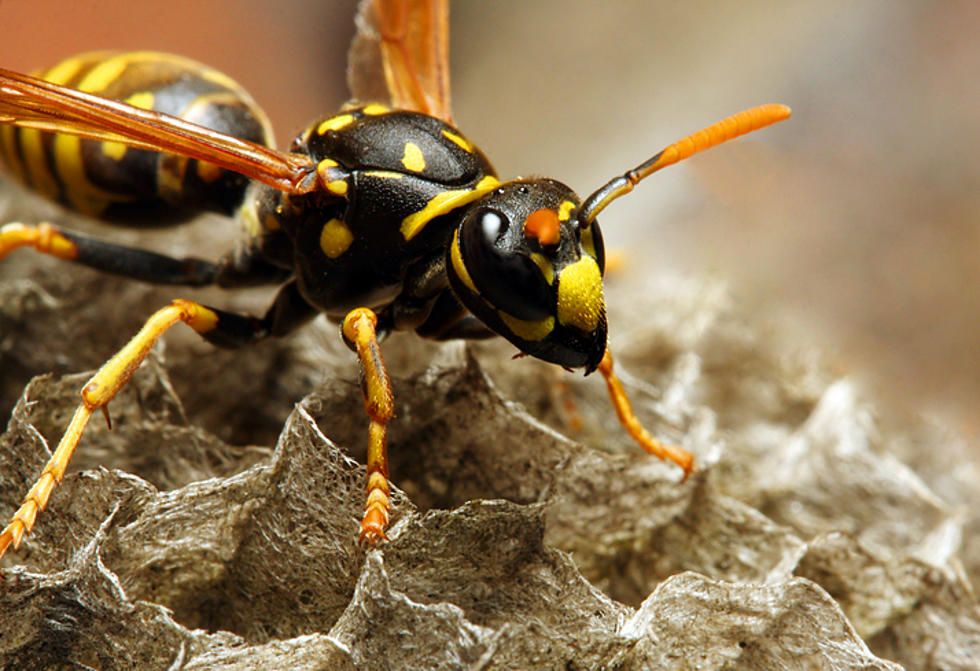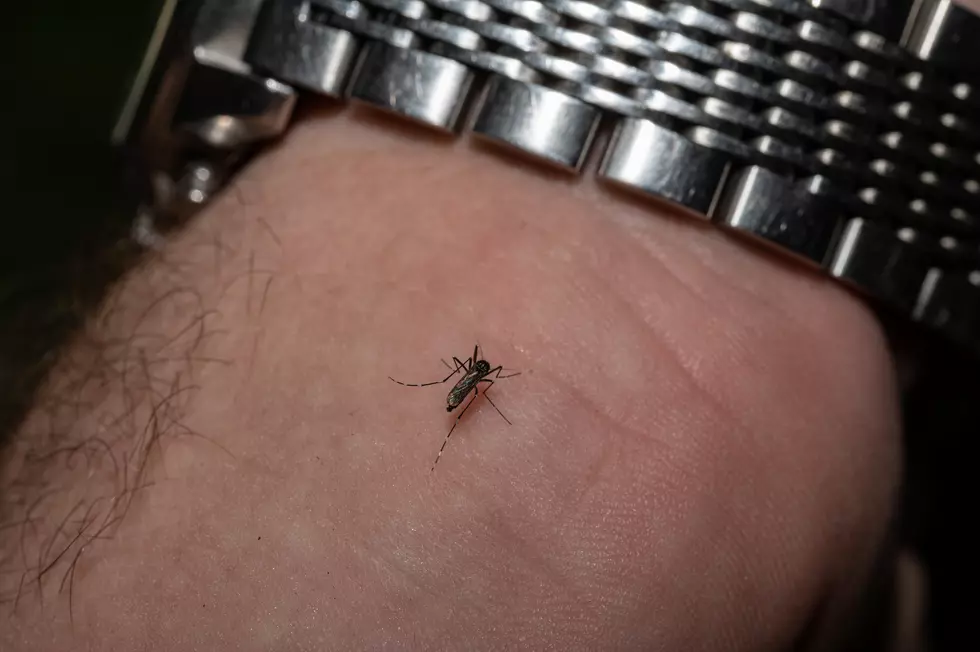
ALERT: Heads Up Louisiana,This Tiny Bug Can Cause Serious Health Issues
As Texas grapples with a growing annoyance of sand flies, Louisiana residents are now on high alert for the potential arrival of these pesky insects. Sand flies, also known as sand gnats, are causing a stir due to their relentless biting and irritating presence.
For those who've encountered these tiny menaces, they understand the exasperation they can bring. Sand flies are notorious for their painful and itchy bites, often leaving behind red welts.

So, what exactly is the cause for concern?
The sand flies carry a disease known as Leishmaniasis. This ailment can manifest in different forms, with some individuals developing sores on their bodies, while others may not show any symptoms.
In certain cases, Leishmaniasis can affect internal organs, such as the liver, spleen, and bone marrow. The more severe form, known as visceral Leishmaniasis, is not believed to be transmitted within the United States. Still, travelers heading to tropical countries need to be cautious, as it can be fatal if left untreated.
What's truly concerning is that the Centers for Disease Control and Prevention (CDC) in Atlanta have identified Leishmaniasis in tissue samples from patients who haven't traveled outside the United States. The disease primarily manifests as skin infections, hinting at the possibility of local transmission. A significant number of skin samples in the CDC study came from Texas, a neighboring state that mandates doctors to report Leishmaniasis cases. Furthermore, a few cases of locally acquired infections have been reported in southeast Oklahoma.
Where are Sand Flies found?
These biting flies can now be found in several southern and southwestern states, increasing the risk to the local population, including Louisiana. As temperatures rise in northern states, the conditions could become favorable for sand flies to establish themselves, heightening the risk of disease transmission.
What does this mean for Louisiana?
For Louisianans, it's essential to stay vigilant against sandflies. Using bug sprays containing DEET and treating camping equipment and clothing with permethrin can provide a layer of protection. If you notice an unexplained skin sore following a bug bite, seeking immediate medical attention is advisable, especially if outdoor activities are involved, particularly at night. Treatment for Leishmaniasis typically involves a month-long course of medications, such as amphotericin B, which hampers the parasite responsible for the disease.
Louisiana should remain on high alert as the threat from sand flies and Leishmaniasis looms closer. Being informed and taking precautions can be the key to safeguarding our health and well-being in the face of this emerging threat right here in our state.
Top 10 Pests in Louisiana
More From Hot 107.9









